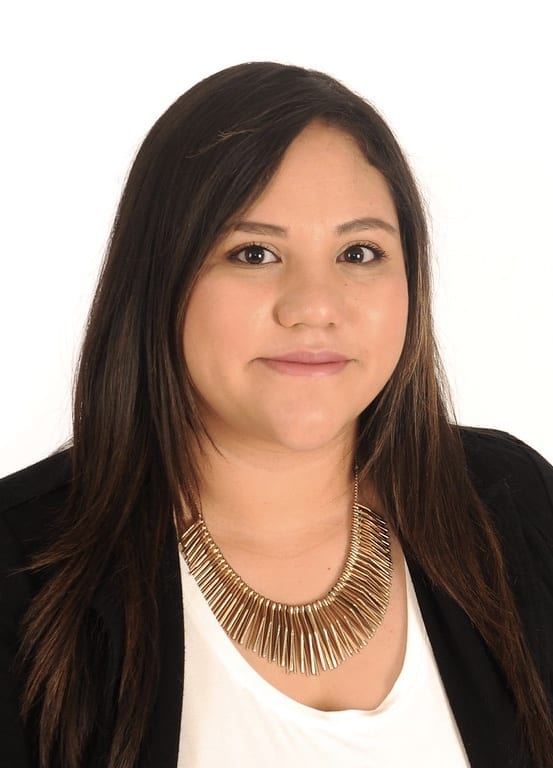I asked 100 individuals to complete the below sentence and 93% answered with the exact same word.
Q: The more money you earn, the more money you _______?
A: Spend
Yep…..it’s kind of scary, but I get it.
Human nature leads many of us to live in survival mode. From a financial perspective, this often means blending into a social group or spending for now rather than waiting for tomorrow.
Here are the top two financial bad habits that will destroy your financial progress (even though you have a nice big paycheck).
Bad Habit 1: You Make More Money, so You Spend More Money
This might seem backwards, but an increase in income often exacerbates the problem instead of making it easier to put money away.
Why?
L. I. F. E. S. T. Y. L. E. C. R. E. E. P.
Lifestyle creep (or lifestyle inflation) can really hold you back when it comes to establishing and building wealth.
What is lifestyle inflation?
Lifestyle inflation can be most easily seen when students graduate from college and move into full-time employment. While in college, they likely got by on a minimal budget; however, they will inevitably spend more now that they earn more money. They move out into a place of their own, buy a car, and splurge more on entertainment. These added expenses aren’t essential, but most college graduates will undertake them anyway, assuming it’s the next step in adulthood.
This cycle then perpetuates itself into adulthood. With every raise comes the increase in cost of living: a more expensive car, an even nicer place to live, eating out at nicer places. We equate making more with permission to spend more because that’s the “American Dream” we have been sold.
To an extent, there is nothing wrong with limited lifestyle inflation. It is natural. Once you start making more money, it’s only natural to feel that you can spend more. (After all, you’ve earned it, right?) As earnings increase, we want to move to bigger or better-situated housing, purchase better-quality goods and services, and spend more on food and entertainment. While that’s definitely true, if you don’t make a plan for how exactly you want to spend your money, you can throw yourself into a vicious cycle of earn-more-spend-more.
Issues arise when lifestyle inflation is unconscious or uncontrolled.
It can lead to situations where families live paycheck to paycheck, no matter how much their income increases. Lifestyle inflation can make it difficult to save money, manage personal finances, or pay off debts.
In order to keep lifestyle inflation in check, follow these Coach Tips:
- Next time you get a raise, the first thing you need to do is designate where those extra funds are going and immediately take action (no excuses!).
This is where a financial coach can really help you (*cough cough*) But here are some basic examples to get you started:
- Go into your 401k brokerage system and increase your retirement contributions.
- Log into your payroll system and increase how much you are automatically putting into your savings account.
- Go into your financial institution platform and ask them to deduct additional funds to go towards principal payment to get out of debt sooner
2. Avoid Spontaneous Spending and take a moment to understand your spending values.
a.k.a. Stop “Keeping Up with the Jones’”. Make a list of the things you would like to upgrade in your life and budget out how much those upgrades will cost you monthly. Look at this in contrast to your bigger life goals (down payment for a home? Retire 5 years early?) and then ask yourself, is the nicer car worth not achieving this bigger goal? When you put your goals up against each other, it’s easier to see the consequences of your decisions. Plus, when you DO decide that the car upgrade is worth it, you will feel secure and confident in that decision instead of being impulsive and possibly feeling guilty.
Bad Habit 2: Confusing being Wealth with being Rich
For some reason, the words rich and wealthy are often incorrectly used to describe the same thing. A wealthy person is not the same as a rich person. According to Robert Kiyosaki, “The rich have lots of money, but the wealthy don’t worry about money.”
Feeling rich is focused on how much money you make. Making a lot of money might technically make you rich; however, if you have significant housing expenses, expensive car payments, dreaded student loans, and sometimes poor spending habits, you may have difficulty building true wealth.
Being wealthy ultimately has more to do with financial freedom 🙌. It means you’re not living paycheck to paycheck. It means you’ve either saved enough that you don’t need to work every day to sustain your lifestyle or you’ve built up enough residual, passive income sources that you’re getting paid in your sleep.
Money can’t solve every problem or eliminate every worry, but it does have the power to reduce stress in tough times while providing opportunities in good times. This is where you will see the difference between being rich and being wealthy.
True wealth is measured in time, not dollars.
Amen! That is tattoo-worthy.
In order to be sure you’re feeling wealthy vs rich, here are a few of my coaching tips:
- Track your net worth. By tracking your net worth, you’ll see the impact of your decisions, whether they are good or bad. When you’re trying to make a financial decision, you’ll start to think about how it will impact your net worth. Of course, we all need to spend money on things that don’t increase our net worth. But by tracking your net worth, you will start to see that the big picture impacts your day-to-day decisions with money because you’re paying more attention. This is another place where a financial coach can really assist and guide you.
2. Cultivate a Wealthy Mindset. The average person would rather think about anything but money because of the negative feelings they associate with it. They see money as a never-ending necessary evil that must be endured as part of life. On the other hand, the wealthy see money as the great liberator, and with enough of it, they can purchase financial peace of mind. To understand how to build true wealth, I suggest reading The Simple Path to Wealth by JL Collins.
Ready for More Money + FEWER Problems?
Investing in your financial literacy is a great way to begin building wealth. The more you understand about your money, your spending habits and your potential pitfalls, the more likely you are to overcome these obstacles and build true wealth.
Perhaps it’s time for a tune-up session?
Or maybe you are finally ready for our first conversation?
Yours in wealth,
MicKallyn
Meet MicKallyn

Hi, I’m Mickallyn, a Mortgage Lender/Banker turned Financial Coach. When student loans put me in debt, I knew I didn’t want to live the rest of my life paying them off, so I figured out how to pay them all off in just a year. Now I have zero debt, 3 homes, 4 college degrees and am raising two little boys. I’ve traveled to over 22 countries and live a debt free life. I’m committed to helping others do the same through 1 on 1 coaching and personalized plans that actually work.





